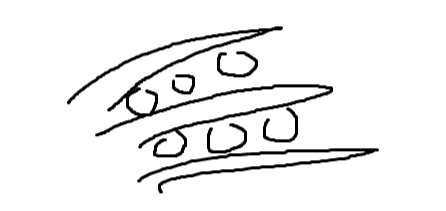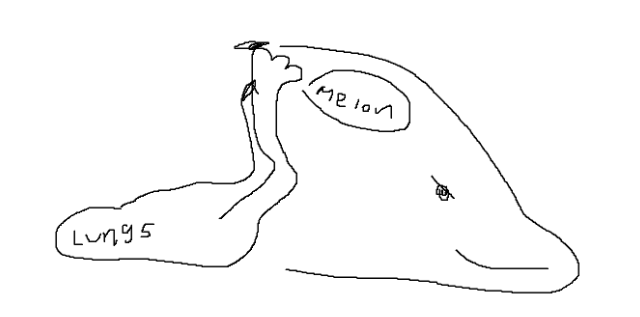Marine Mammals
- Endothermic
- Most have some form of insulation (blubber, fur, hair)
- Live birth, young fed milk via mammary glands
- Great ability to dive
- Binocular vision
- Expels every ounce of air in their lungs (fully collapses their lungs)
- Twice as many red blood cells, or hemoglobin
- IRBC = 390 Million
- Muscle contains more myoglobin than regular mammals
- Can dive for 45 minutes to 2+ hours
- Shunts blood: delivers blood to specific parts of the body, like the brain, heart, and muscles
- Bradycardia = the process by which your heart rate drops dramatically
- Dropping heart rate to 3-5bpm
Sea Otters
- No blubber, but they have very thick fur
- The thickest fur in the animal kingdom
- 100,000 hairs in a cm²
- This prevents their skin from touching cold water
- Increased/higher metabolic rate → They must eat 25-30% of their body weight everyday
- Are able to use tools

Polar Bears
- Only found/live in the Arctic
- Very good swimmers
- Webbed paws
- Skin is very dark, nearly black
- Will absorb more heat from the sun
- Fur/hair is hollow
- Traces of photosynthetic organisms that rely on the sun are in the fur that allows heat to travel to the dark skin, keeping them warm even in cold climates
Manatees vs. Dugongs
| Manatees | Both | Dugongs |
|---|---|---|
| Found in the Eastern U.S. to Western Africa Paddle-like tail | Both are very slow swimmers They are susceptible to being hit by boats Herbivores | Found in Eastern Africa to the Pacific Islands Fluke like tail |
Seals, Sea Lions, and Walruses
| Seals | Sea Lions | Walruses | |
|---|---|---|---|
| Neck | Short | Long/Flexible | Long |
| Ears | Internal ears | Internal ears with external ear flap | Internal |
| Front flippers | Stubby, only used to steer | Long front flippers, used for propulsion | Long front flippers, used for propulsion |
| Hind flippers | Longer, used for propulsion | Short, used for steering | Short, used for steering |
Cetaceans
Toothed Whales: Odontoceti
- One blowhole
- Teeth
- Round heads
Baleen whales: Mysticeti
2 blowholes
Baleen
Flat, telescopic heads
Both organisms have the ability to create echolocation, but the vast majority are the odontocetes

Ignore that this whale is evil but in order for them to echolocate:
- The blowhole must be closed
- The flaps vibrate behind the melon filled with oil
- The waves are sent out and they return to the whale
- The whale can then identify shape, distance, and size
- The energy is picked up by their lower jaw